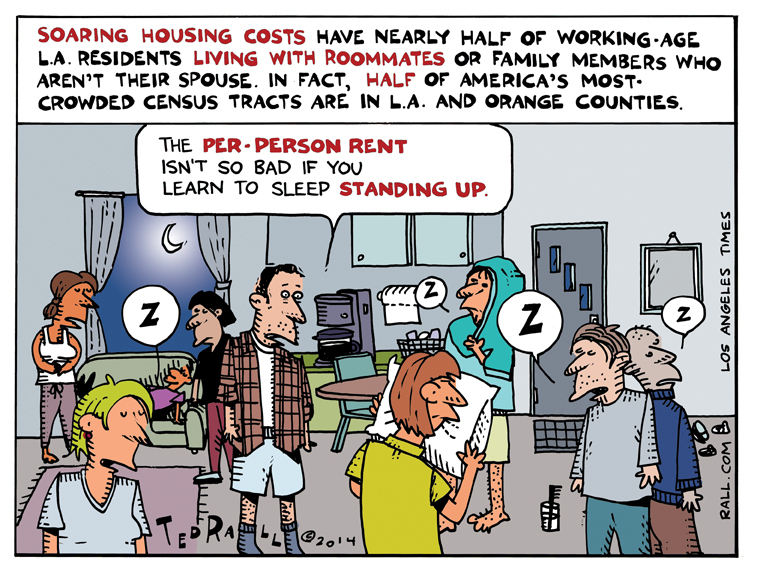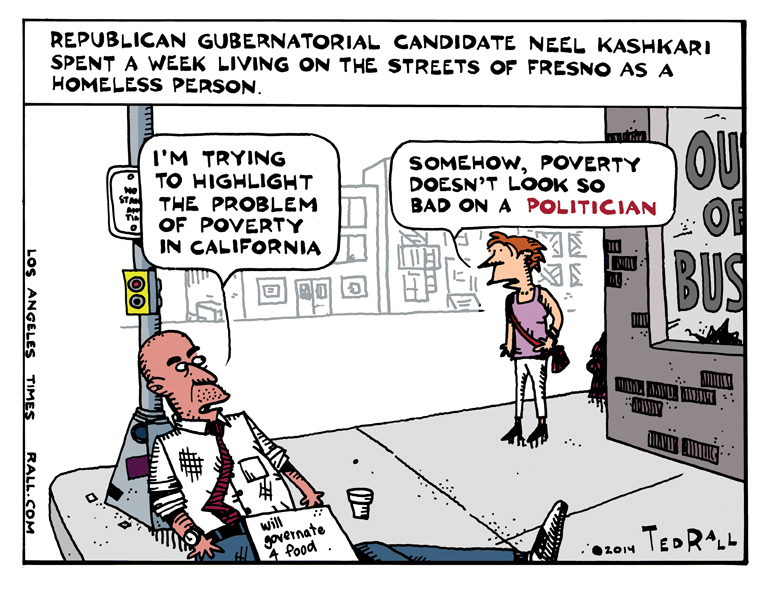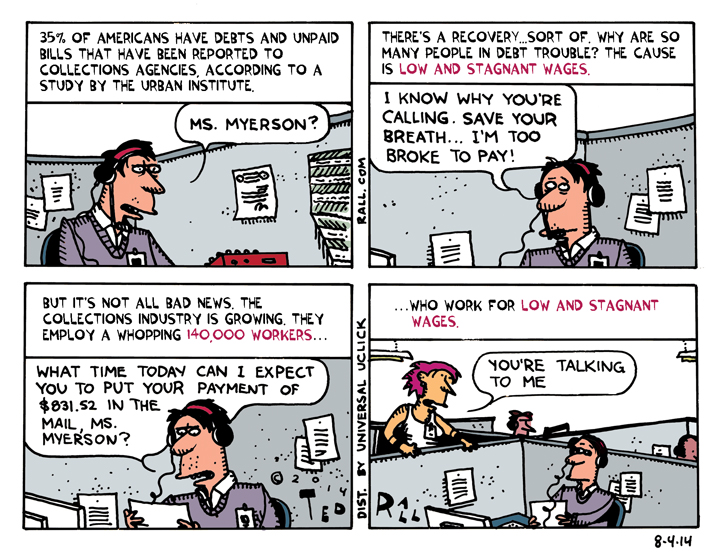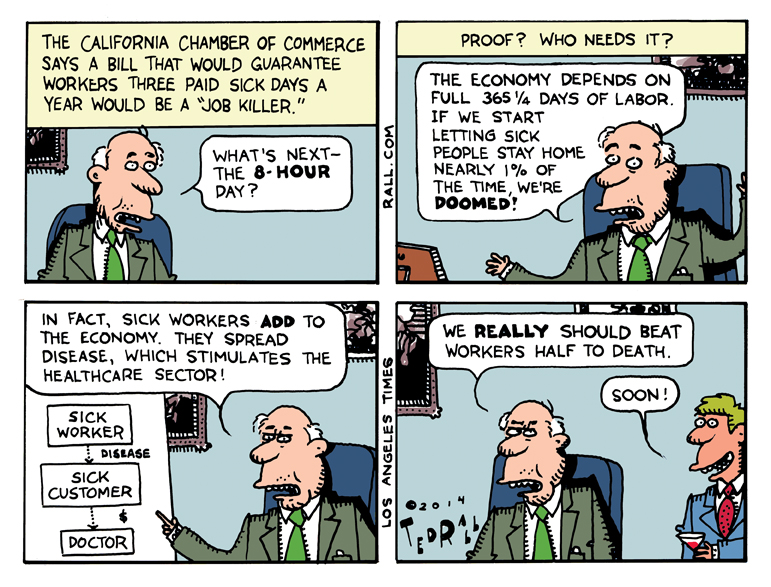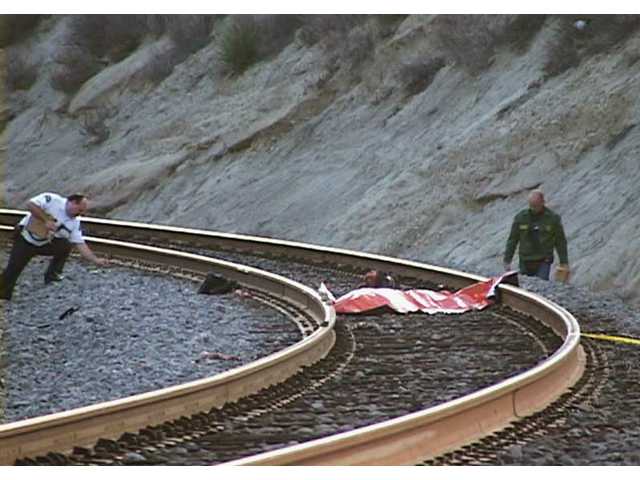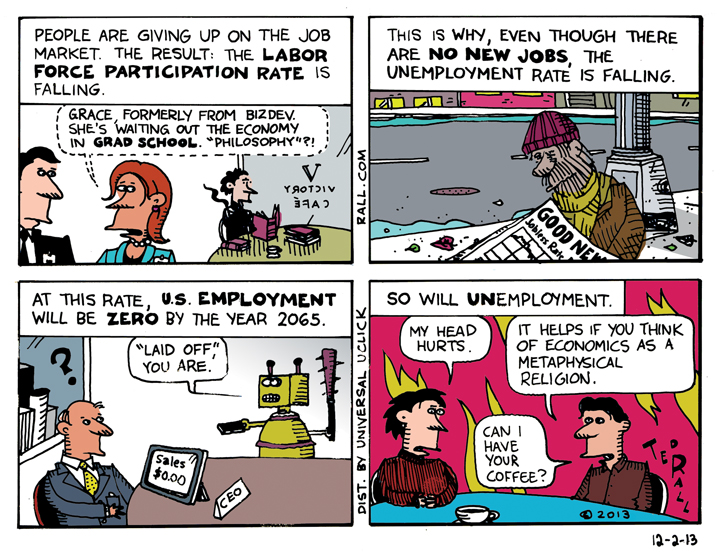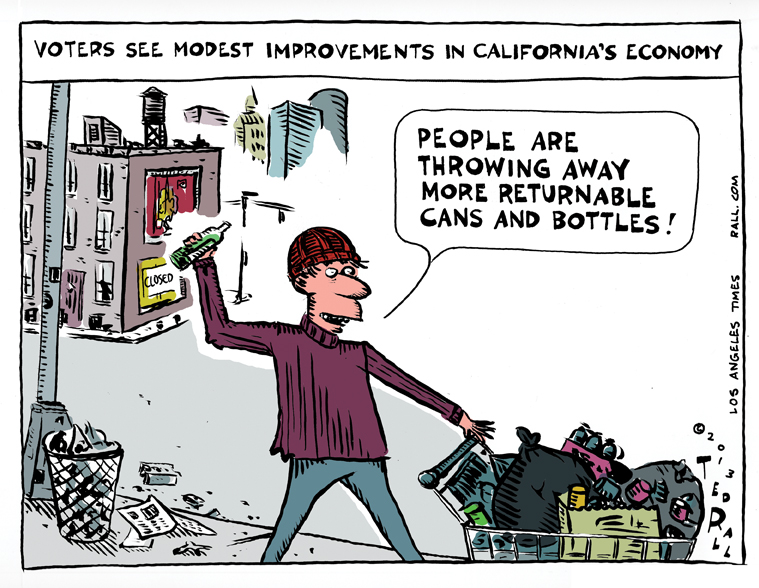Southern California has always had one of the priciest real estate markets in the United States, but in recent years the gap between what people can afford to pay for rent or mortgage and median housing prices has opened to a gaping chasm.
Tim Logan of the Times reports about new data that reflects just how bad things have gotten for most Southlanders:
Nearly half of all working-age adults in Los Angeles and Orange counties live in a home with another adult who is not their spouse — a higher percentage than any other big city in the country, according a new report by real estate website Zillow. In second place: the Inland Empire.
Economists at Zillow crunched U.S. census numbers and found that 47.9% of adults in metro L.A. lived in “doubled-up” households in 2012, a number that has grown rapidly — up from 41.2% in 2000 — as the recession and yo-yo-ing housing market have pushed more people to share apartments.
“You’ve got a lot of households that are blending together,” said Zillow economist Skylar Olsen. “They’re doing that to make housing more affordable.”
That’s especially true in Southern California, where relatively high costs and relatively low wages combine to create what is, by some measures, the least affordable housing market in the country, especially for renters.
One has to wonder: how is this sustainable? Although there’s been some improvement in the economy, unemployment, especially long-term, remains stubbornly high. Wages remain stagnant. You can’t squeeze blood out of a stone. Won’t people just move away to somewhere more affordable?
Maybe eventually. For the time being, the pull of family ties, whatever work they currently hasveand just plain inertia is keeping hundreds of thousands of people stuck in houses and apartments that they can’t really afford. Until things turn around, maybe, someday, who knows when, they are doubling up and tripling up with friends, lovers and random people they find on Craigslist. As someone who has from time to time been forced to participate in the so-called “sharing economy” to make ends meet, I have nothing but sympathy for this situation.
Having a roommate you don’t want, simply for economic reasons, violates your privacy and sense of personal calm at least as much as secret government surveillance programs that intercept your email. This goes double if, like me, you are an introvert.
For this week’s cartoon, however, I do appreciate the fact that this predicament makes for a fun sight gag. If I had the ability to add sound here, imagine all the characters either snoring or growling ominously like zombies.

